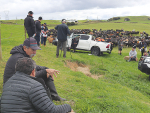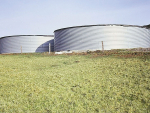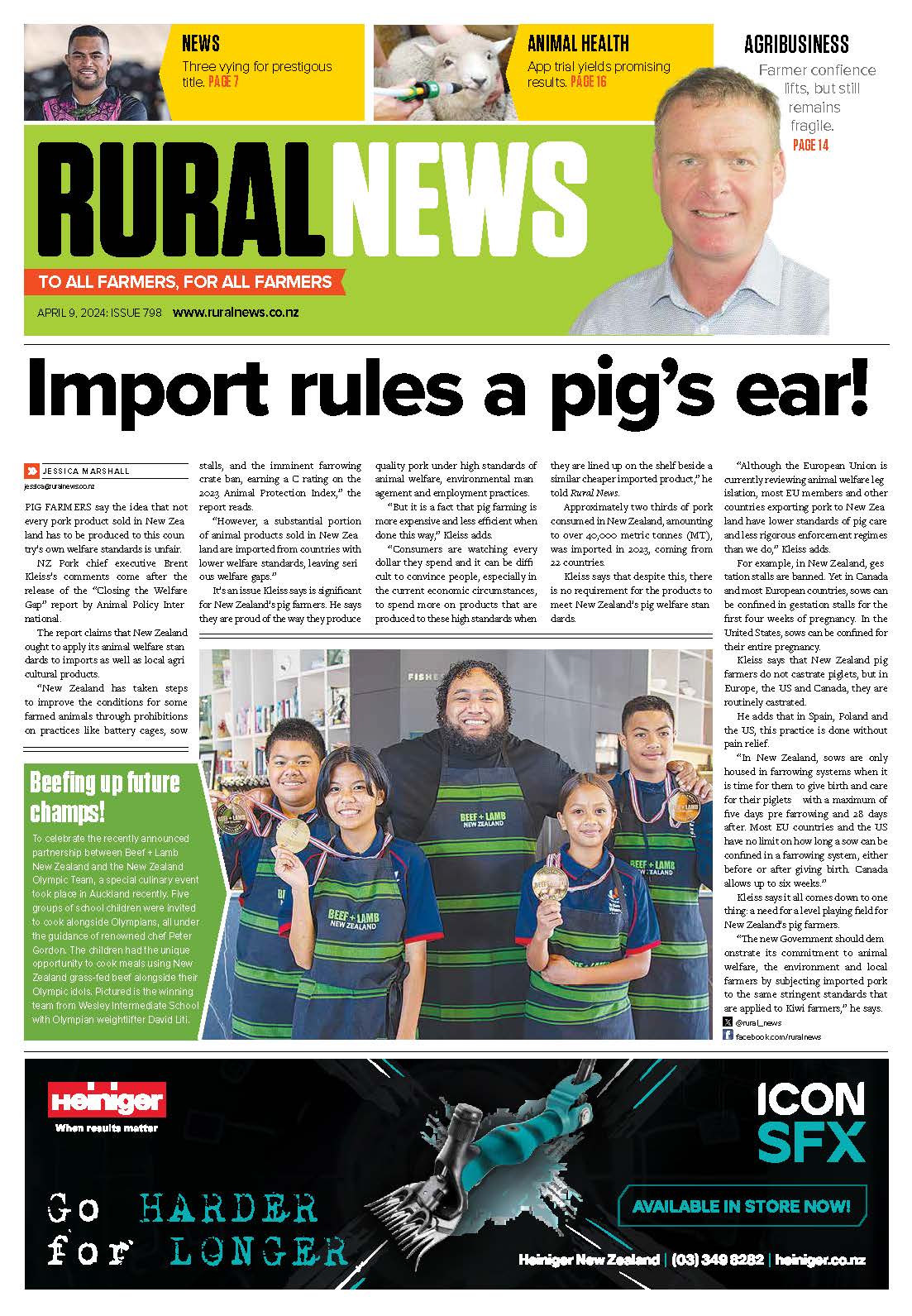The research, which also included AUT University, and the Universities of Otago and Auckland, studied around 1,300 children aged between two and five to find out what kind of milk they were drinking.
The report, published in the New Zealand Medical Association journal, backed the health benefits of children drinking milk.
But it said New Zealand dietary guidelines recommend children from two years of age consume low- or reduced-fat milk.
But the study showed 74% of toddlers consumed full fat variety. Twenty-six percent consumed plain low-fat or reduced-fat milk. The odds of consuming the recommended plain low- or reduced-fat cows’ milk were increased in older children, those of New Zealand European ethnicity and among children of mothers who have a post-secondary education and living in the Northern regions.
The report concluded the type of milk consumed by preschool children varies with child demographics and anthropometry (measurements and proportions of the human body).
Interestingly the study identified an association between type of milk and overweight, with the odds of consuming plain low- or reduced-fat cows’ milk increased in overweight but not obese children compared with children with a normal BMI (body mass index).
“The findings of the current study may have important implications for developing and shaping interventions and in helping shape public health policy and practice to promote cows’ milk consumption in preschool children,’ the report says.
Further research is warranted to investigate caregivers/parents’ knowledge about dietary guidelines and to determine the causal relationship between obesity and milk type consumption.
The report introduction says that milk, the most commonly consumed dairy product among children, is a rich source of macronutrients (including protein, carbohydrate and fat) and micronutrients (eg, vitamins B2 , B12 and A, and minerals calcium and potassium).
“Milk consumption has been associated with better diet quality and with meeting dietary nutrient intake requirements,” the report says.
“Milk consumption has also been shown to favourably affect bone health in children.
“Accrual of good peak bone mass by the end of the growth period has been shown to have a protective effect on low bone mineral density and fracture risk early in life, and bone loss and osteoporosis later in life.”
The report says the consumption of milk/dairy products during childhood has been shown to be positively related to growth and maintaining a healthy weight.
Fonterra funded a summer studentship to write the report but had no input into the collection and analysis of the data. The study was funded by the New Zealand Health Research Council.
















